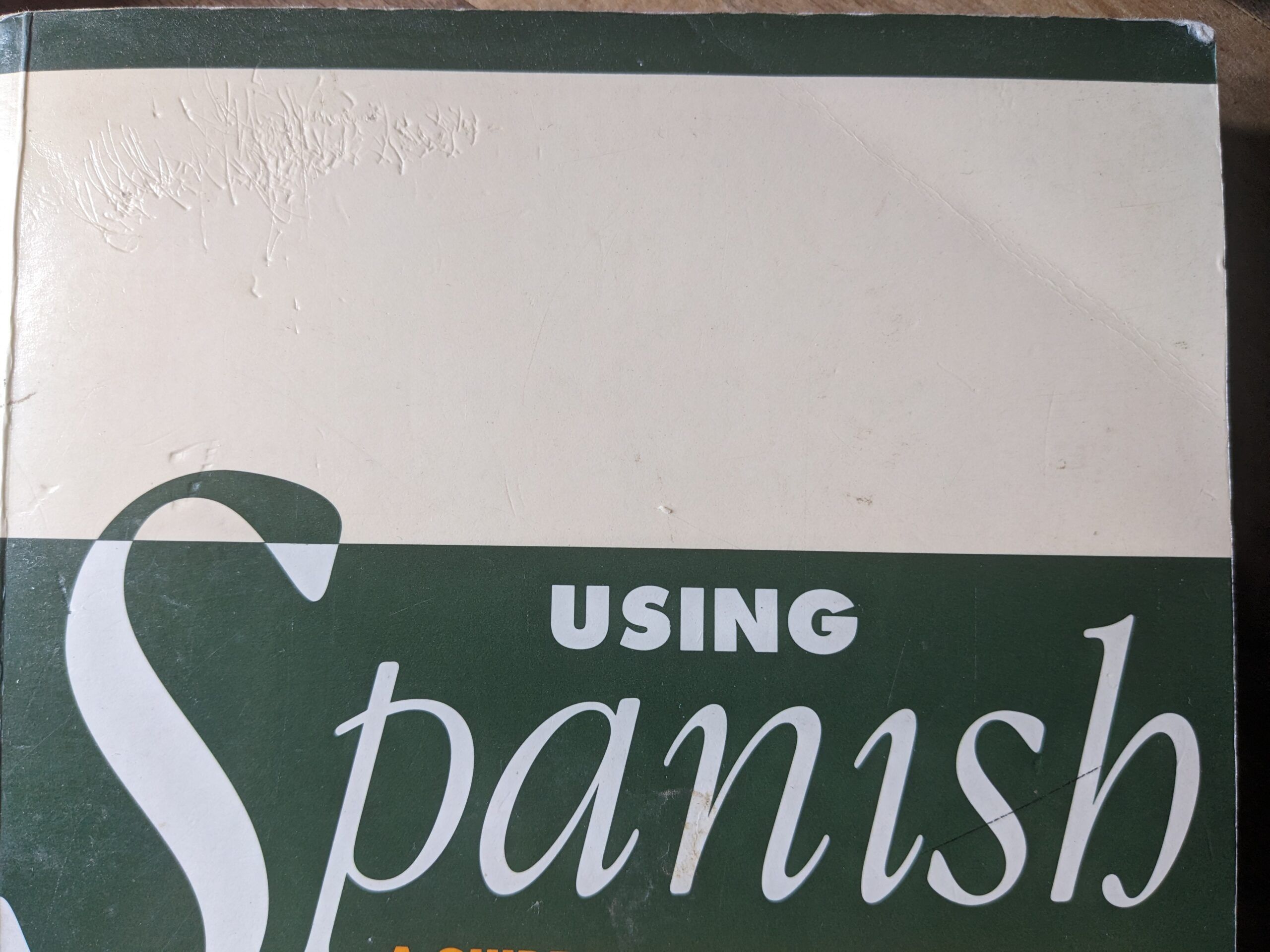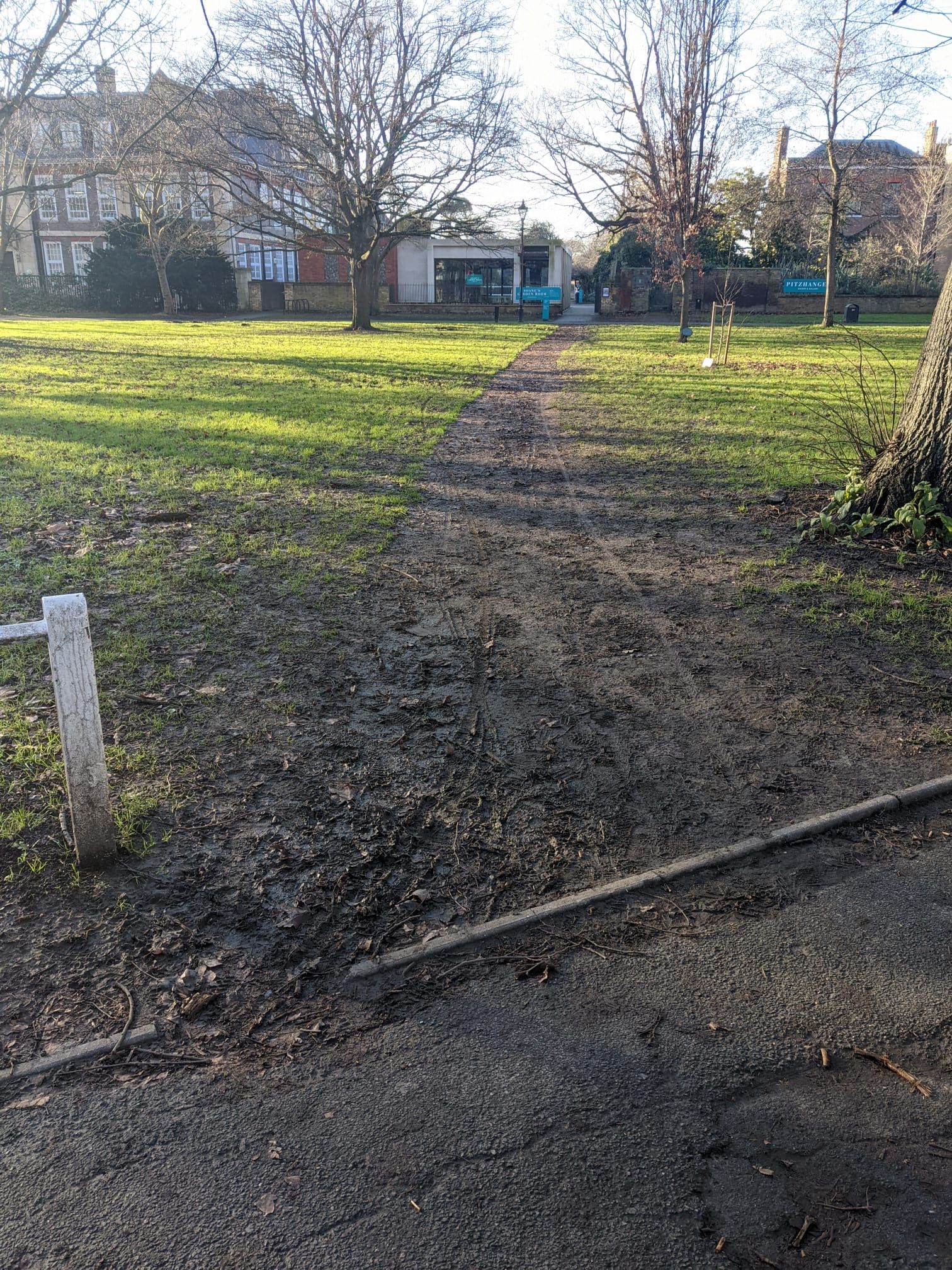Tag: teach English
Generally speaking, teachers discourage word-for-word translation from a students own language into the language they are learning. Sometimes they discourage it for the wrong reason – that translation or the use of L1 is just wrong. Sometimes teachers discourage it because they know it’ll end up in gobbledygook and they teach students that the correct approach is to translate whole phrases or collocations. On the whole, I agree with this second view. If students are looking up an unknown word from L2 text on Goggle translate (or similar), then it’s generally a good idea to include other...
Low level activities to revise vocabulary: what to choose
To learn words students need to recall and use them multiple times, so it is good to have activities to revise vocabulary in class. In this post I look at choosing items to revise and what difference low levels makes on this and the tasks we do.Not just vocabularyThe first thing to say is that I think we should encourage students to think that when they revise vocabulary they also revise grammar. This is particularly true at the lowest levels where so many words are what might be described as grammar words and others have a an overall conceptual meaning that allows for a huge number of...
Student-centred classes: it’s not just pair work!
What do teachers mean by student-centred classes? It seems some only see it as increasing pair work and reducing whole class teaching. The teacher should be a facilitator setting up tasks and watching, rather than doing explicit teaching. That at least was an impression I had from one teacher at a recent training, but it also comes from CELTA trainers urging to keep teacher talking time (TTT) to a minimum and others who frown on direct explicit teaching. However, I think this is a rather reductive way of thinking about learner-centred classrooms and hides important principles of...
Meet learners’ needs by following language desire paths
If we want to meet learners’ needs, then try following their conversations and teach the language they desire rather than just what we set out to teach. Desire paths: a metaphor for meeting all the learners’ language needs while using a coursebookI was out walking the other day and it being somewhat damp and muddy, I decided to stick to the paved pathway rather than take this more direct route which I have now discovered is called a ‘ desire path’. But as I did so, I started thinking that the this kind of path, which you see all over the place, could be a kind of metaphor for...
GRAMMAR NONSENSE & CURIOSITIES: can
It may seem a bit strange to include can under the umbrella of grammar nonsense. I’m sure few of you have considered the rules for its usage as wrong or find the way it’s presented particularly weird – and n the whole, I’d agree with you! I include it in our ongoing series of ELT shame and missed opportunities more as an example of how change sometimes happens while we remain unable to fully accept it. It all reminds me a bit of people who accept that a variety of sexualities exist in the world, but don’t want to see any public displays of affection connected to most...
Aiming for average
An amazing feat, but that’s allI recently watched Nyad – a new film about the super-endurance swimmer Diane Nyad, who swam from Cuba to Florida. I like these kinds of stories, and the achievements they depict are often pretty amazing – but I’m turned off if they are presented as models of how to achieve things in life, which is exactly what happens at the end of Nyad. I buy these stories as entertainment, but I don’t buy into the lessons that are supposed to be learnt: “Look at me and learn how anything is possible if you just believe in yourself”, “Follow your dreams and give...
Back in class: thoughts from learning and teaching languages at low levels
During the eighteen months of writing the new edition of Outcomes I put my teaching and language learning efforts on hold. Back in January 2022, when we started the project, I was teaching a beginner Spanish class and learning Russian, but it quickly became clear that my addled brain was not going to do multi-tasking very well, so the lessons came to an end. Now Outcomes is finished and I’m back in the classroom. I’m teaching a low-level Spanish class with a colleague at Lexical Lab and also starting again with Russian as what I guess you might describe as a false beginner. In both...






